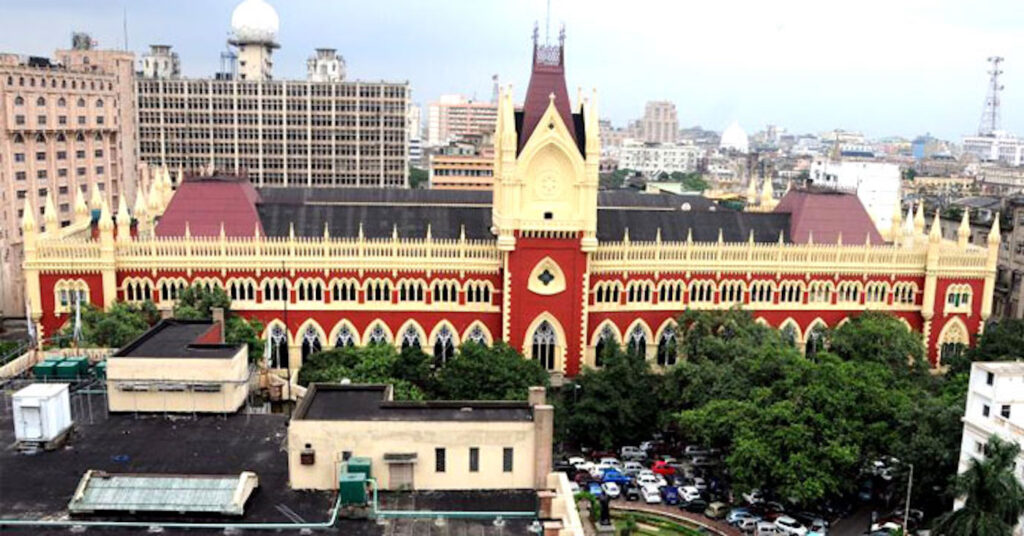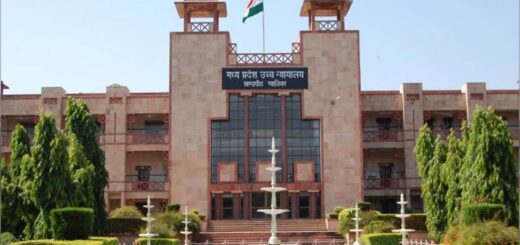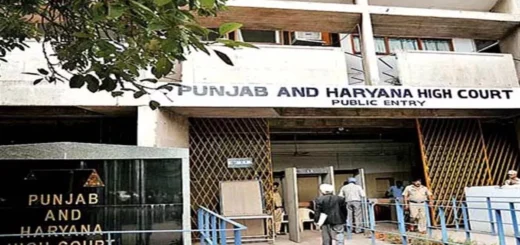Calcutta High Court: Courts under Section 11 of the Arbitration Act can only deny a reference if it is clear that the claims are too late or the dispute does not exist.

The Calcutta High Court addressed an arbitration case, stating that courts can only intervene at the referral stage if claims are time-barred or if there are no ongoing disputes. The case involved a request to appoint an arbitrator related to a work order given to a company’s predecessor. Justice Shampa Sarkar noted that it is not appropriate for the referral court to deeply investigate whether the claims are time-barred at this stage. Such decisions should be made by the arbitrator. Courts should only step in if it is clear that the claims are definitely time-barred or if there are no disputes left. In other situations, the case should go to the arbitral tribunal for a decision based on the merits. The Bench referenced the Supreme Court’s ruling in Aslam Isamil Khan Deshmukh v. ASAP Fluids Private Limited and Anr. (2024 INSC 849), which stated that the referral court should only perform a limited inquiry to check if the application under Section 11(6) of the Arbitration and Conciliation Act, 1996 was filed within three years.
Advocate Pritha Bhaumik represented the Petitioner, while Advocate Aniruddha Bhattacharya represented the Respondent. The predecessor of the Petitioner-company, along with Simplex Projects Limited (SPL), formed a consortium to bid on a tender from Bharat Heavy Electricals Limited (BHEL). Later, the Petitioner merged with the predecessor company and continued the work with SPL. The Petitioner submitted an unpaid bill in July 2020 and raised some disputes. The Respondent requested the Petitioner to meet with the relevant authority for a possible settlement.
The Petitioner’s lawyer argued that while they tried to reach a friendly agreement, no progress was made, leading the Petitioner to start arbitration by sending a notice under Section 21 of the A&C Act. In contrast, the Respondent’s lawyer raised two points. The first was that the claim and the Application to the High Court were too late due to the limitation period. The second point was that even though the Petitioner’s predecessor took part in the tender, SPL was not fully involved as a Respondent in the case.
The High Court observed that the time limit for asking for an arbitrator starts only after one party sends a valid notice to the other, and the other party fails to respond. The Court tentatively concluded that the claim is still valid since the notice for arbitration was sent on October 27, 2023. It stated that the limitation issue can be addressed by the Arbitrator later. Additionally, the Court noted that at the stage of appointing an Arbitrator, the focus is only on whether an arbitration agreement exists. By sending the disputes to arbitration, the court supports the original agreement between the parties to resolve all issues through arbitration. The Court also mentioned that the method for appointing an arbitrator by a BHEL officer is no longer valid.
The Court noted that the Petitioner correctly approached the High Court to request the appointment of an Arbitrator. As a result, it appointed Justice Bhaskar Bhattacharya, the former Chief Justice of the Gujarat High Court, to handle the disputes between the parties in this case. The High Court then closed the Application.
Cause Title: Kalpataru Projects International Limited v. Bharat Heavy Electricals Limited (BHEL) (Case Number: AP-COM/94/2025)
Appearance:
Petitioner: Advocates Pritha Bhaumik and Amit Kumar Nag.
Respondent: Advocates Aniruddha Bhattacharya and Arnab Roy.









